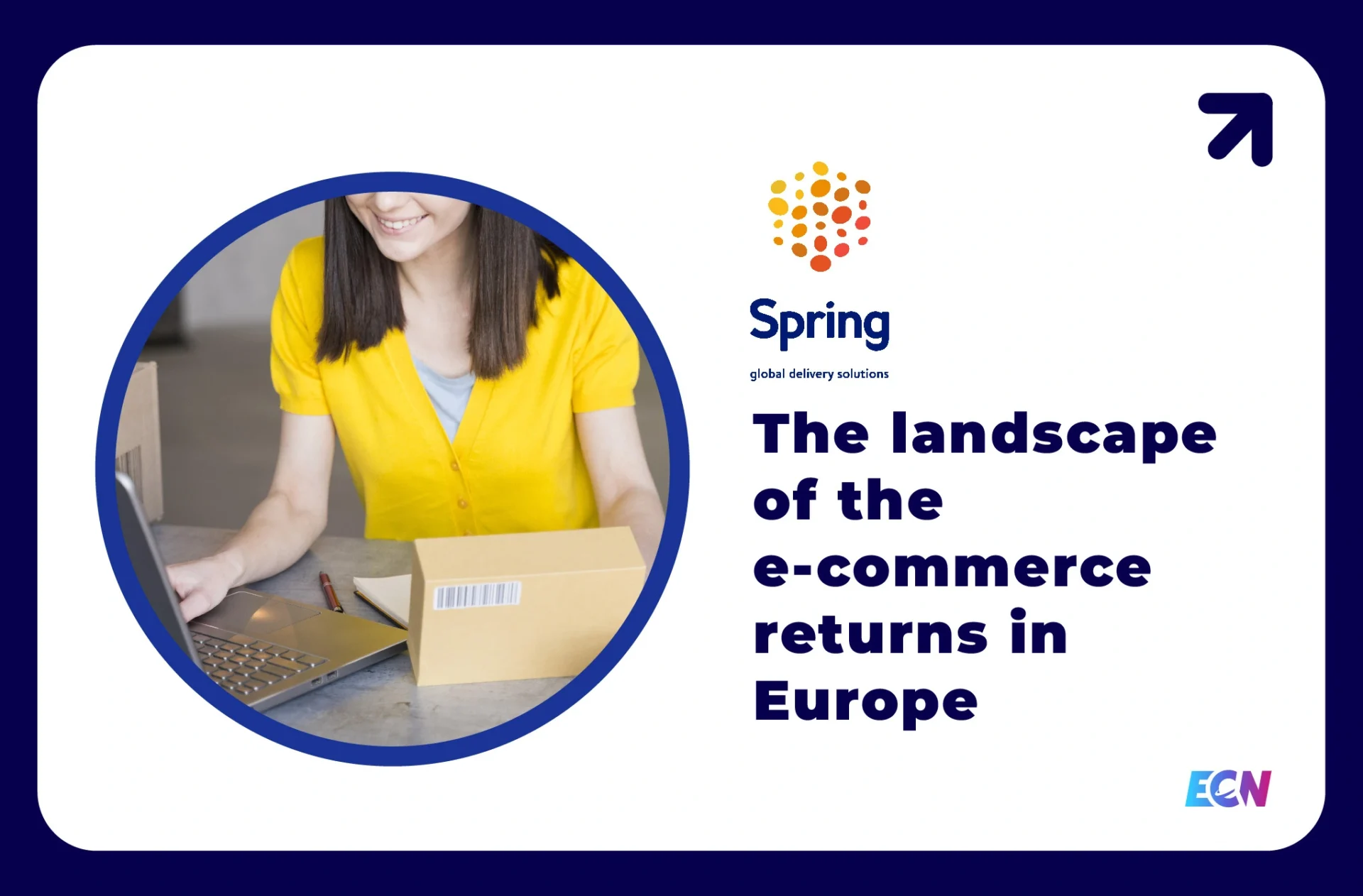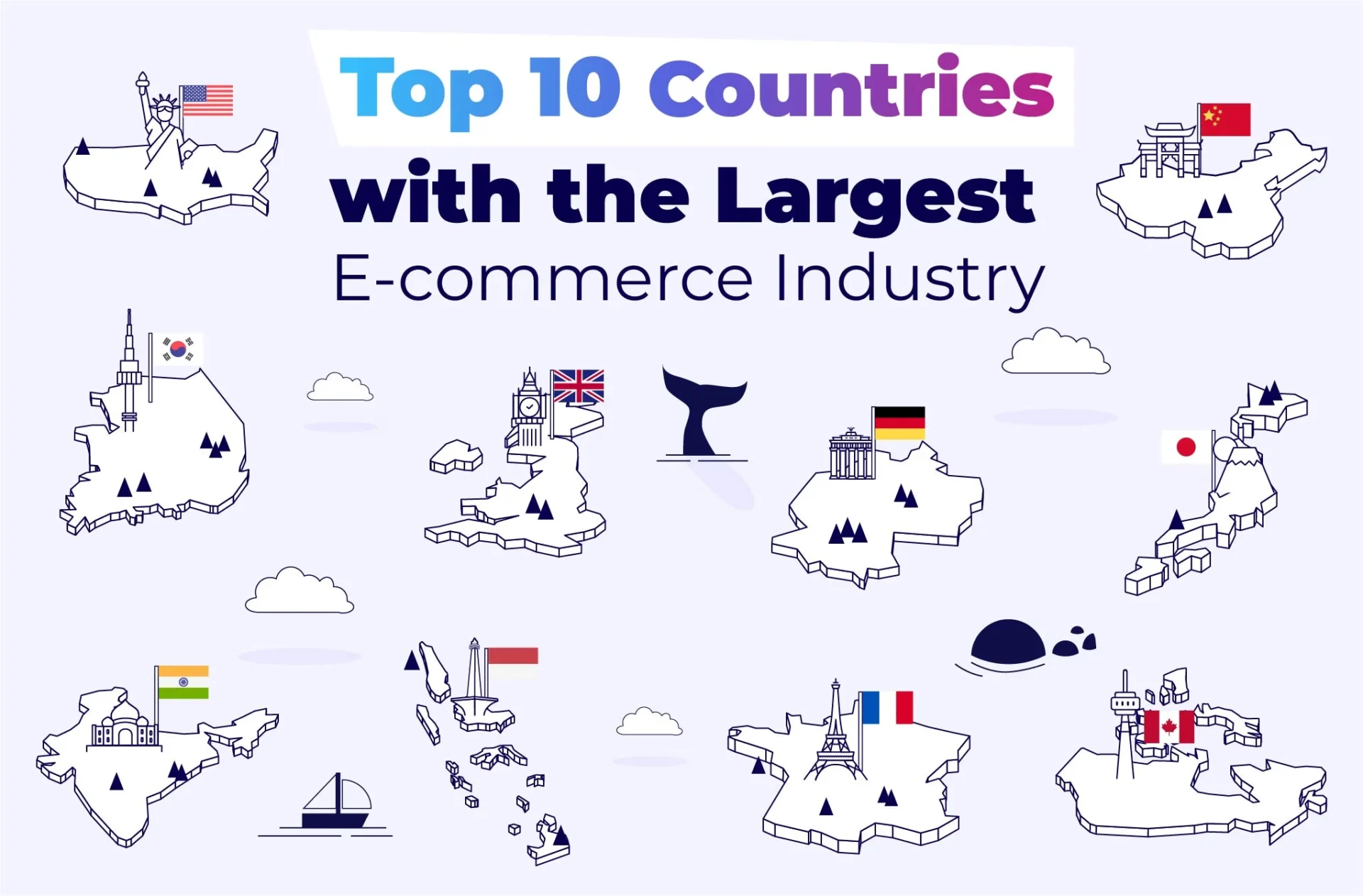E-Commerce Nation, in partnership with Similarweb, has compiled a list of the Top 100 E-commerce UK. The recent surge in energy and life prices has significantly impacted household consumption.
As the high season approaches, brands are actively competing to lure customers to their online stores, accessible via computers, mobile sites, and increasingly, mobile apps.
In addition, consumers are now more inclined to travel and are utilizing flight booking sites, hotel booking sites, and other tourism-related activities.
We present the Top 100 E-commerce ranking to help you visualize the UK’s e-commerce market and identify the prevailing trends. This ranking, which includes analysis and collaboration between E-Commerce Nation and Similarweb, provides insights into the acquisition strategies of the largest stores in the French market. The latest version of this ranking incorporates traffic generated by mobile applications, emphasizing the importance of providing an omnichannel experience.
What sectors have garnered the most traffic during the analyzed period? Which acquisition channels are being leveraged the most by the major players in various industries? What emerging trends are visible at the end of 2022? Find answers to these questions in the Top 100 E-commerce ranking for the second half of 2022.
Top 10
Marketplace platforms, including Amazon, dominate the top 10 positions in this e-commerce ranking. Amazon is a major player due to its strong regional presence and ability to attract a vast number of consumers, significantly influencing consumer behavior with its introduction of next-day and same-day delivery options years ago. As of the second half of 2022, Amazon draws in over 300 million monthly visits, with its general site (Amazon.com) attracting over 30 million monthly visits.
Another noteworthy marketplace in this ranking is Etsy, a platform that gained significant attention during the multiple lockdowns caused by the COVID-19 pandemic. With consumers turning to this socially responsible alternative to Amazon, Etsy offers a marketplace that showcases the work of artisans and enables customers to enjoy homemade products. DIY is also gaining popularity, with consumers increasingly embracing trends like upcycling.
Despite high traffic, both marketplaces and generalist e-retailers are feeling the impact of inflation. With consumers looking to buy less and prioritize essential products, they are avoiding unnecessary expenses. This shift has had a noticeable effect on the sales of major online retailers. Consumers are becoming more price-sensitive, and with growing competition in the e-commerce sector, it is challenging for retailers to maintain their market share without sacrificing their margins. However, as we enter the new year, it remains to be seen how online retailers will adapt and respond to the ever-evolving market trends and changing consumer preferences.
The most represented category: clothing
The fashion industry has always been a significant player in the world of e-commerce, and this Top 100 E-Commerce UK ranking is no exception. The fashion category has the most number of sites represented in the ranking, highlighting the popularity of the industry among consumers. Among the top five fashion retailers are NEXT, Asos, John Lewis, Shein, and H&M, all of whom have made their mark in the fashion industry in their unique ways.
While fast fashion has come under increasing scrutiny in recent years due to its detrimental impact on the environment, companies like Shein and H&M have managed to maintain their popularity among consumers. Despite the growing awareness of the impact of fast fashion on the environment, these companies continue to attract a large number of visitors to their sites, thanks in part to their pricing strategies. By offering low prices and constantly refreshing their collections, they have managed to appeal to budget-conscious consumers who prioritize affordability over ethical or quality concerns.
Despite the popularity of international fashion retailers, it is worth noting that the top five fashion retailers in this ranking also include three British companies. NEXT, Asos, and John Lewis have all established themselves as major players in the UK fashion industry, with each bringing their unique strengths and strategies to the table. From NEXT’s emphasis on offering a wide range of products to John Lewis’ focus on quality and Asos’ commitment to staying ahead of the curve in terms of fashion trends, these companies have managed to carve out a space for themselves in the competitive world of e-commerce fashion.
The category attracting the most visitors: generalists
The popularity of generalist merchants in this Top 100 E-Commerce UK can be attributed to the fact that they offer a wide range of products, making it easy for consumers to find what they are looking for. They often provide low prices and highly efficient logistics services, making the shopping experience even more convenient for the customers. However, the fast and efficient delivery of these products may come at a cost to the environment, as shipping and packaging materials contribute to carbon emissions and waste.
Despite the environmental concerns, some companies like Argos are taking a strategic approach to digital innovation by investing in the development of the Metaverse and Web3. With an increasing number of companies turning to virtual reality and intangible assets, this presents an opportunity for growth and innovation, especially in attracting a younger, more tech-savvy audience. By adopting the sale of digital products, which is more profitable, companies like Argos aim to stay ahead of the competition in a constantly evolving e-commerce landscape.
Another notable player in this ranking is eBay, which has always been focused on facilitating sales between consumers. In recent times, eBay has been meeting the growing demand for second-hand goods, as consumers become more environmentally and budget-conscious. By enabling the purchase of pre-owned items, eBay is catering to this trend and contributing to a circular economy, where products are reused rather than discarded. Other retailers are also following suit by offering their customers the option to return items they no longer need, such as clothes, to benefit others and reduce waste.
In conclusion, while generalist merchants dominate this Top 100 E-Commerce UK, there are also examples of companies innovating and adapting to changing consumer demands, such as the growing emphasis on sustainability and digital transformation.
Download the top 100





